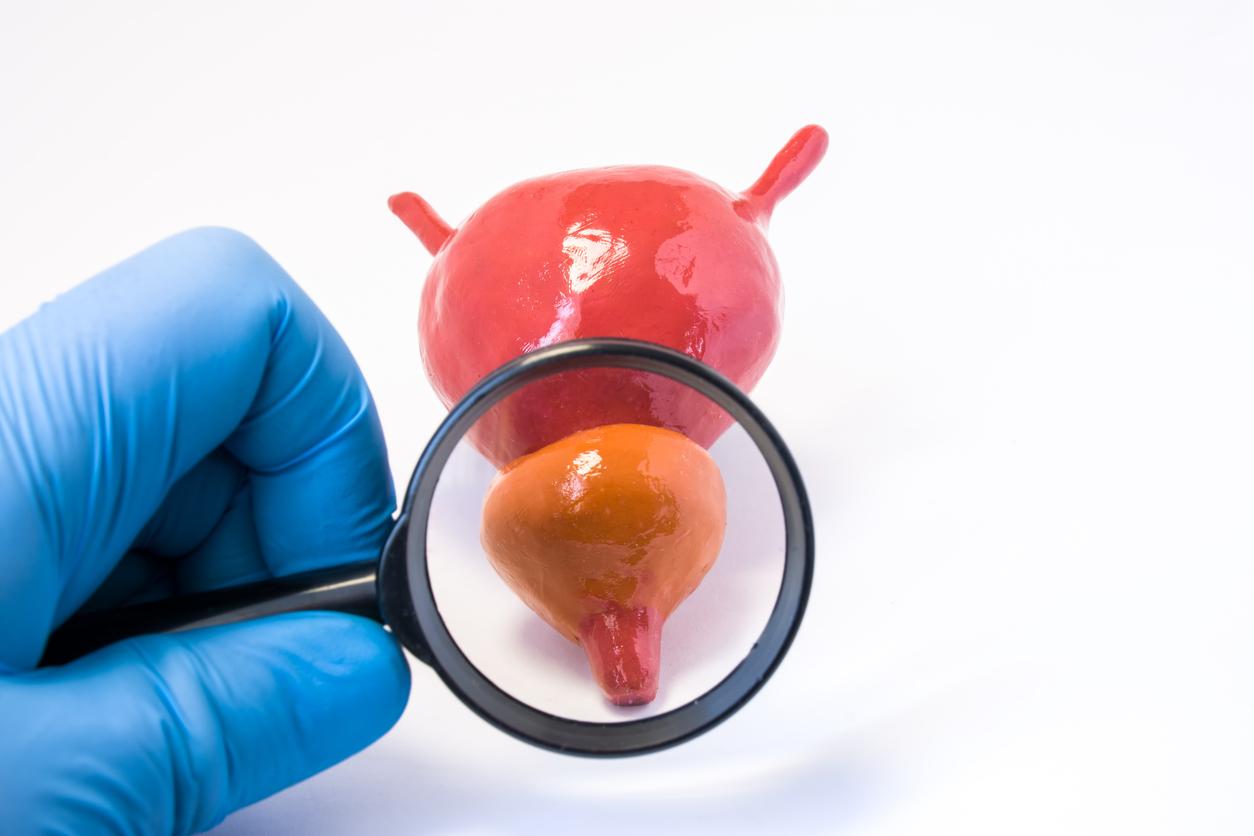The rheumatoid arthritis is a disease of the joints that is manifested by persistent inflammation. Due to a dysregulation of the immune system, it causes swelling of the joints and deformation which, in the absence of treatment, leads in 20% of cases to functional incapacity, explains the health institute of medical research. the BBC News website has just announced that a team of researchers from different countries has discovered 42 defective areas of DNA that would be linked to the disease. This progress could make it possible to work on new treatments to relieve patients.
The genetic study in question, published by Nature magazine and involving nearly 30,000 patients, is the largest ever. The researchers compared the DNA of patients with arthritis with healthy people. The lead author of this work, Professor Robert Plenge of Harvard Medical School, found that one of the weaknesses in the areas of DNA he analyzed was being treated by a drug that was not developed to correct the genetic problem. The researcher believes that this poor treatment could be improved.
Treat diabetes, Alzheimer’s and heart disease
But within the scientific community, some doctors believe that identifying weak spots in DNA for complex diseases is pointless. Drugs won’t treat symptoms, they say, reports BBC News. Doctor Robert Plenge disagrees: “This approach offers enormous potential. It could be used to identify drug targets for complex diseases such as rheumatoid arthritis, but also diabetes, Alzheimer’s disease and certain heart diseases.
The team that conducted the study also observed that the same genetic weaknesses that characterize rheumatoid arthritis are found in patients with certain types of blood cancers. According to Professor Jane Worthington, director of the genetics center in Manchester, quoted by BBC Newsthis finding suggests that drugs that are used to treat cancer may be effective against rheumatoid arthritis and should be included in clinical trials.














